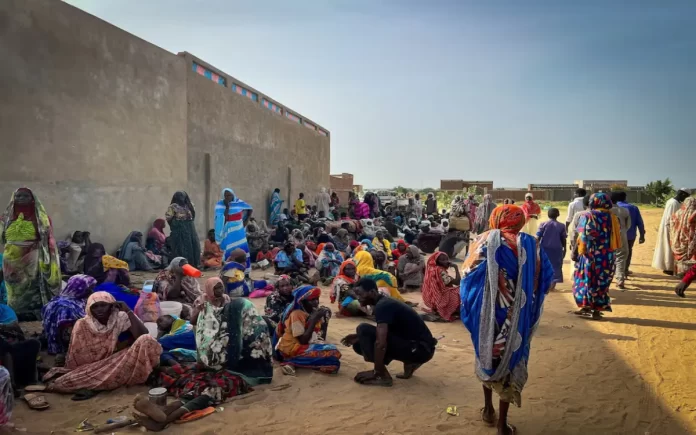Geneva: The World Health Organization (WHO) issued a stark warning on Friday, highlighting the escalating crisis in Sudan, where limited access to humanitarian aid and medical essentials continues to pose significant challenges.
Sudan plunged into conflict on April 15, 2023, as clashes erupted between the Sudanese army and paramilitary Rapid Support Forces (RSF), resulting in widespread devastation of infrastructure, dire famine warnings, and the displacement of millions both within and outside the nation’s borders.
Amid the chaos, thousands of civilians have lost their lives, though precise death tolls remain elusive, with both factions facing accusations of perpetrating war crimes.
Also Read | Indian Government Advises Citizens Against Traveling to Iran and Israel Amid Regional Tensions: MEA
Urgency Heightened Amid Escalating Tensions
Christian Lindmeier, spokesperson for the WHO, emphasized the urgency of the situation, asserting that time is rapidly running out. Without an immediate cessation of hostilities and unimpeded access for humanitarian aid delivery, the crisis in Sudan is poised to deteriorate significantly in the ensuing months, potentially spilling over to impact the entire region.
Lindmeier painted a grim picture, indicating that a staggering 15 million individuals are in desperate need of urgent medical assistance. Moreover, diseases such as cholera, malaria, and dengue are rapidly spreading, exacerbating the humanitarian crisis.
Also Read | Iran Reportedly Contemplates Possible Attack on Israel Within 48 Hours
Medical supplies in the country are reported to be at a mere 25% of the required levels, with an alarming 70 to 80% of Sudanese healthcare facilities rendered inoperative due to the ongoing conflict. Lindmeier highlighted the dire situation in states like Darfur, where essential medical supplies have not been received for over a year.
The disruption of public health services, including vital vaccination programs, has further compounded the crisis, leading to an upsurge in disease outbreaks and placing additional strain on already overwhelmed healthcare systems.



